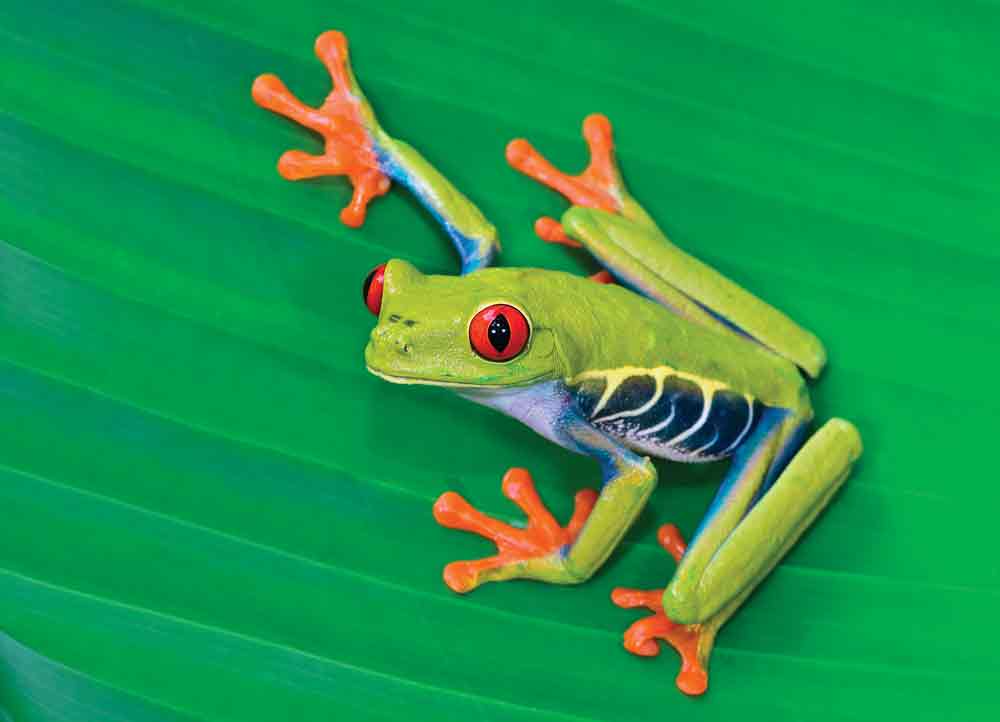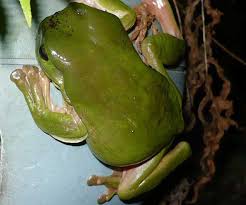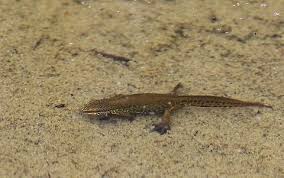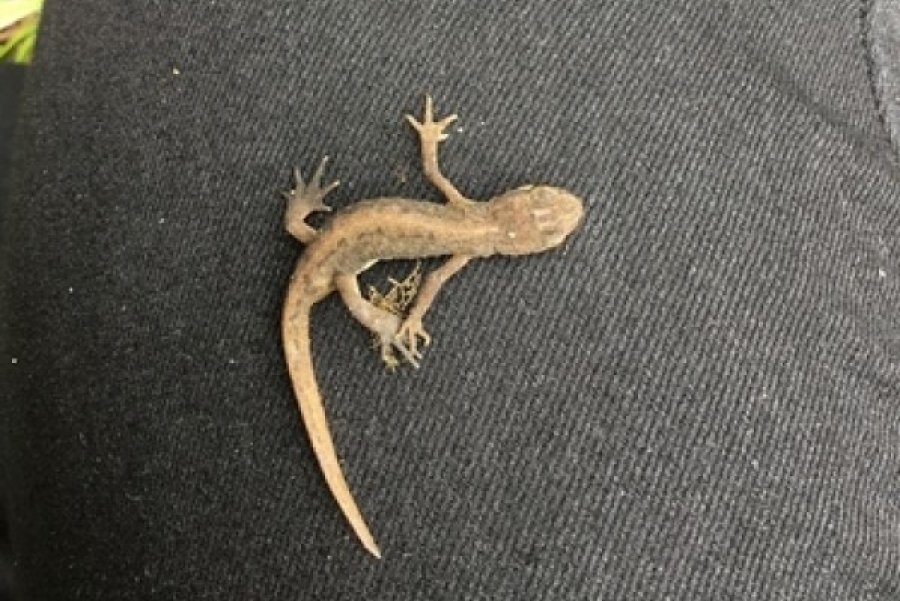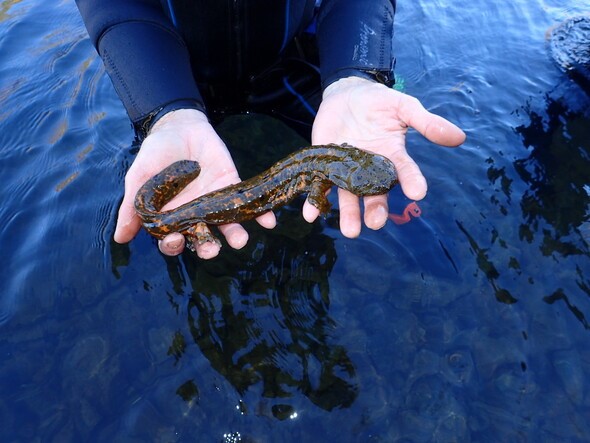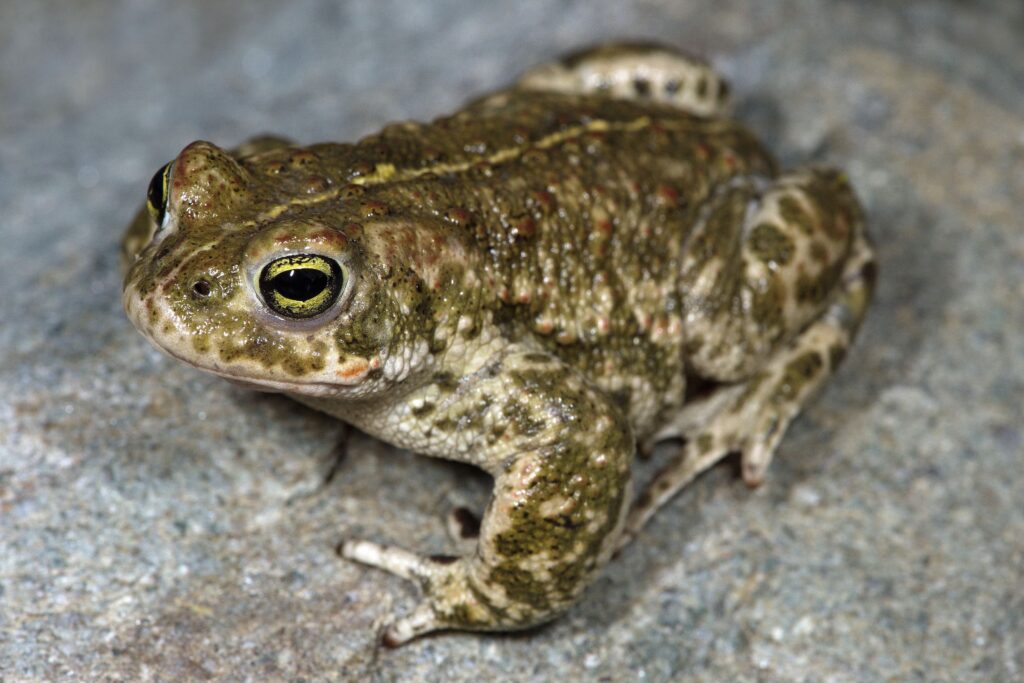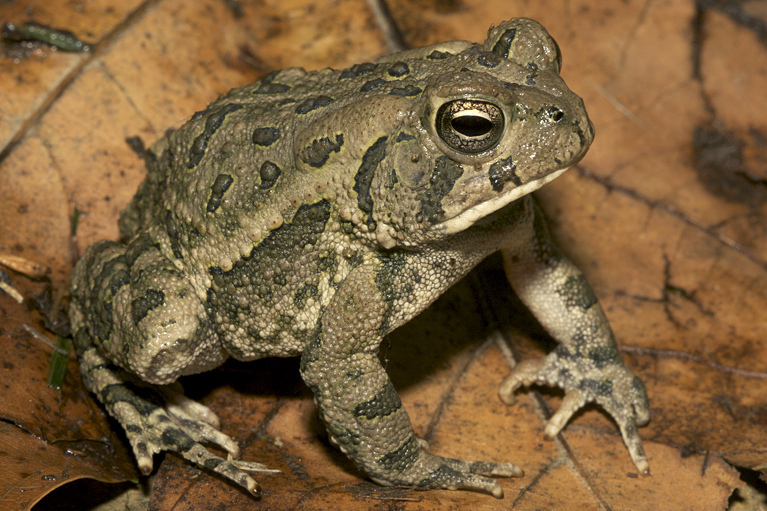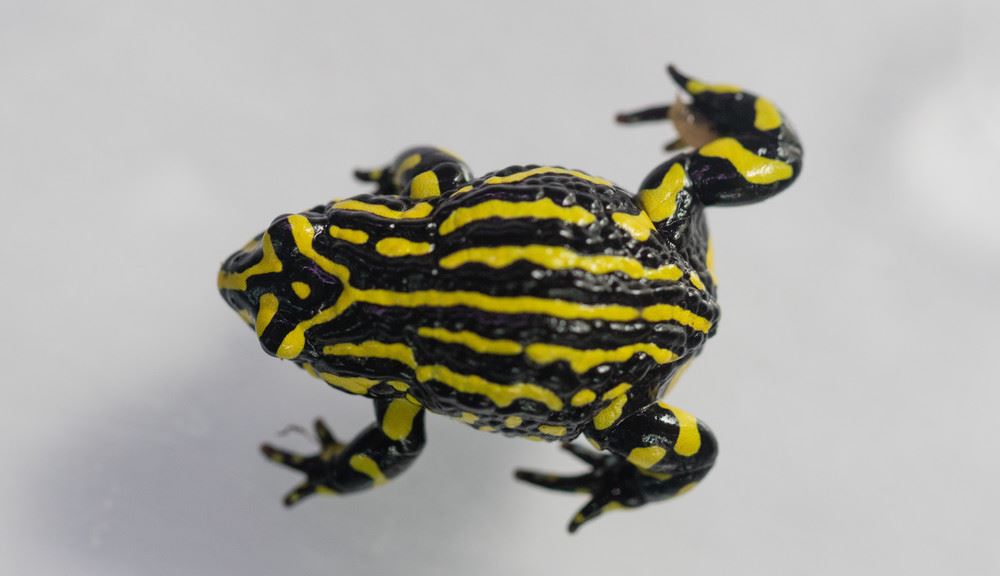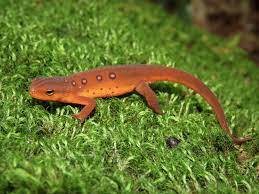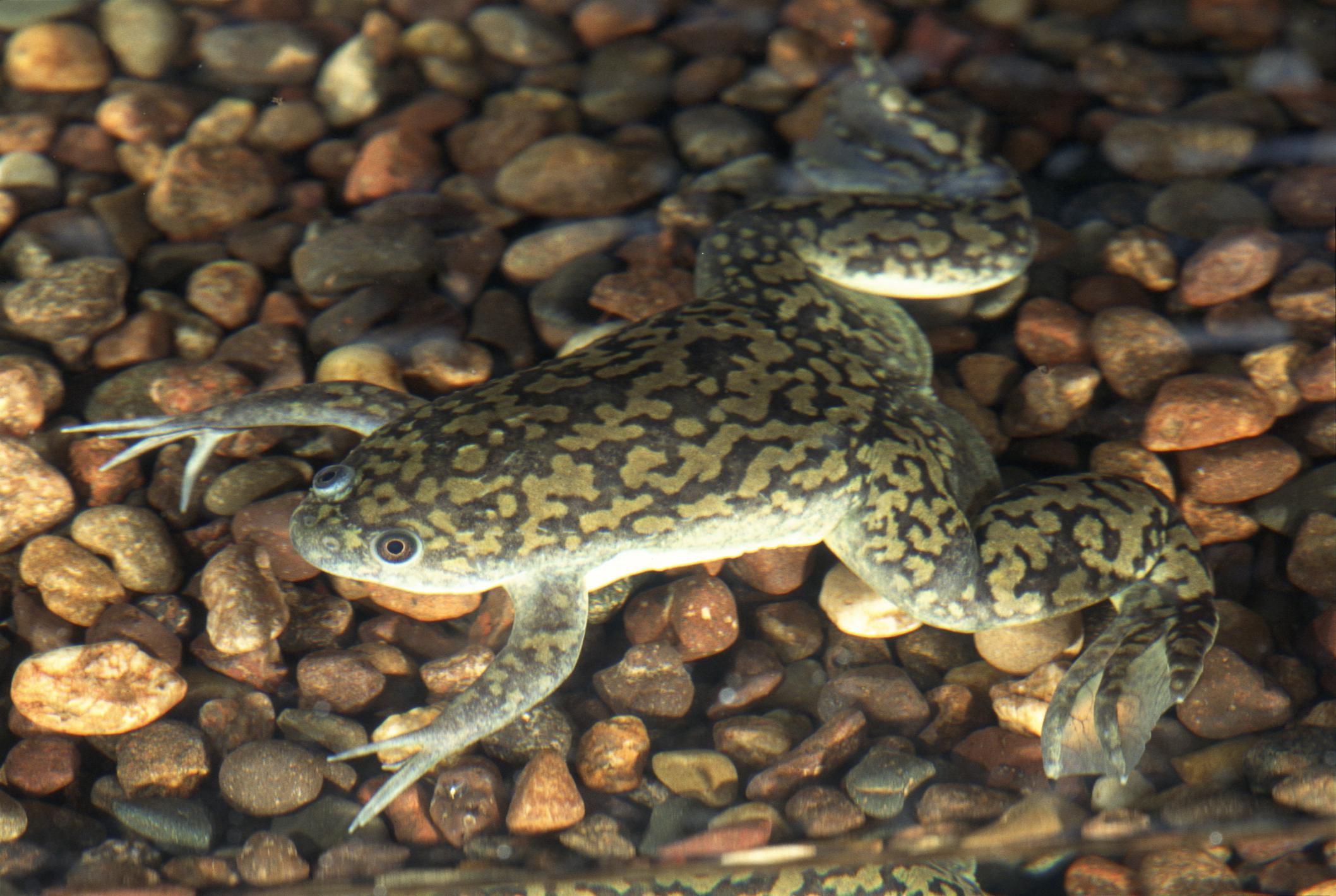The red-eyed tree frog, scientifically known as Agalychnis callidryas, is one of the most recognizable and vibrant amphibians in the world. Here’s a detailed overview of this fascinating species: Key Features of Red-Eyed Tree Frog Physical Characteristics Habitat Behavior Reproduction Conservation Fun Facts The red-eyed tree frog is not only a symbol of the rich… Continue reading Red-Eyed Tree Frog
Author: staff
Green Tree Frog
The green tree frog, scientifically known as Hyla cinerea, is a small amphibian native to the southeastern United States. Here’s a detailed overview of this fascinating species: Key Features of Green Tree Frog Physical Characteristics Habitat Behavior Reproduction Conservation Fun Facts These frogs play an important role in their ecosystem, serving as both predators and… Continue reading Green Tree Frog
Palmate Newt
The Palmate Newt (Lissotriton helveticus), also known as the Common Palmate Newt, is a small amphibian found primarily in Europe. It is distinguished by its unique physical characteristics and behaviors, particularly during the breeding season. Here’s a detailed overview of this fascinating species: Key Features of Palmate Newt 1. Physical Appearance: 2. Habitat: 3. Life… Continue reading Palmate Newt
Smooth Newt
The Smooth Newt (Lissotriton vulgaris), also known as the common newt, is a small amphibian found across much of Europe and parts of Asia. It is known for its smooth skin, aquatic lifestyle, and distinct breeding behaviors. Here’s a detailed overview of this fascinating species: Key Features of Smooth Newt 1. Physical Appearance: 2. Habitat:… Continue reading Smooth Newt
Hellbender
The Hellbender (Cryptobranchus alleganiensis) is a large aquatic salamander native to North America, particularly found in the eastern United States. Known for its unique appearance and ecological significance, the Hellbender is an important indicator species for freshwater ecosystems. Here’s a detailed overview of this fascinating amphibian: Key Features of Hellbender 1. Physical Appearance: 2. Habitat:… Continue reading Hellbender
Natterjack Toad
The Natterjack Toad (Epidalea calamita) is a distinctive species of toad found across parts of Europe. Known for its loud, rasping mating call and characteristic yellow stripe running down its back, the Natterjack Toad is highly specialized for living in sandy and coastal habitats. Here’s a detailed look at this fascinating amphibian: Key Features of… Continue reading Natterjack Toad
Fowler’s Toad
Fowler’s Toad (Anaxyrus fowleri) is a small, stocky toad native to North America, primarily found in the eastern and central United States. It is often recognized by its distinctive markings and vocalizations. Here’s a detailed look at this interesting amphibian: Key Features of Fowler’s Toad 1. Physical Appearance: 2. Habitat: 3. Life Cycle: 4. Behavior:… Continue reading Fowler’s Toad
Corroboree Frog
The Corroboree Frog refers to two closely related species of small, brightly colored frogs native to Australia: the Southern Corroboree Frog (Pseudophryne corroboree) and the Northern Corroboree Frog (Pseudophryne pengilleyi). These frogs are known for their striking black and yellow patterns and their highly specialized environmental needs. Here’s a detailed look at these fascinating frogs:… Continue reading Corroboree Frog
Eastern Newt
The Eastern Newt (Notophthalmus viridescens) is a common aquatic salamander native to the eastern United States and parts of southeastern Canada. With a fascinating life cycle and vibrant appearance, this species is one of the most well-known newts in North America. Here’s a detailed breakdown of the Eastern Newt: Key Features of Eastern Newt 1.… Continue reading Eastern Newt
African Clawed Frog
The African Clawed Frog (Xenopus laevis) is a fully aquatic amphibian native to sub-Saharan Africa. These frogs are renowned for their unique physical features, adaptability, and their extensive use in scientific research. Here’s a detailed look at their characteristics: Key Features of African Clawed Frog 1. Physical Appearance: 2. Habitat: 3. Behavior: 4. Reproduction: 5.… Continue reading African Clawed Frog
